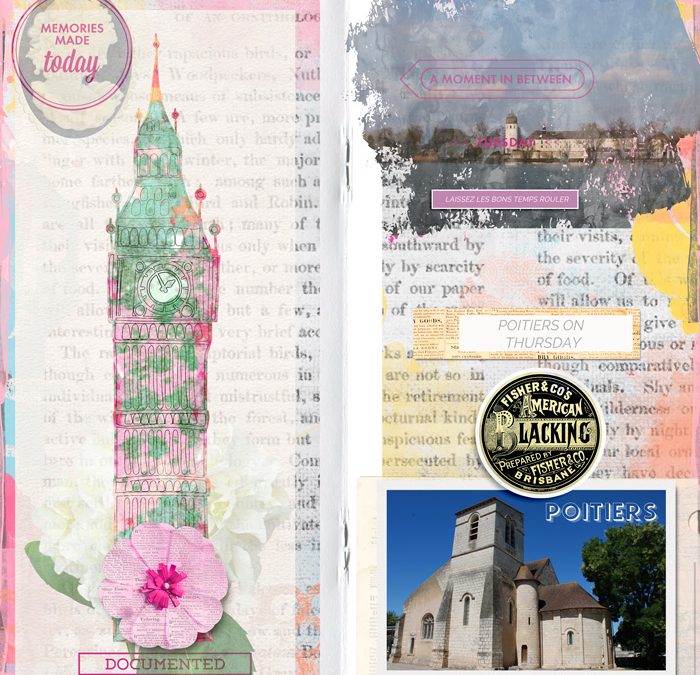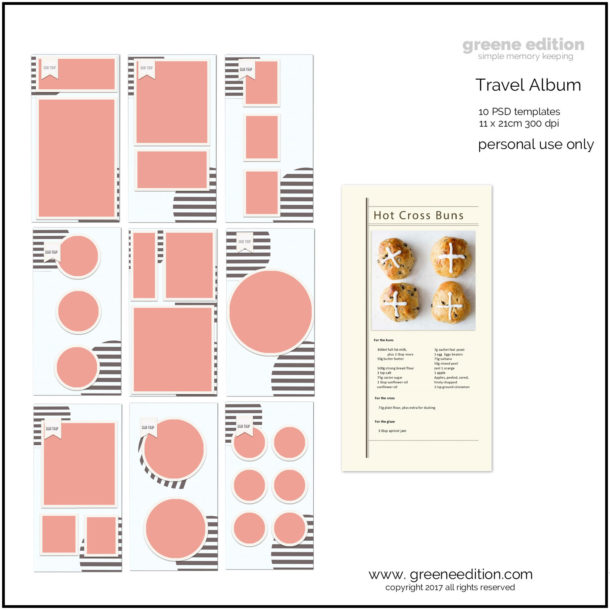History in the Making: Memory Keeping Through the Ages
History has always been an important part of human lives. It helps us understand where we came from and how we got to where we are today. Without history, we would be lost. There are many ways to keep history alive. One way is by passing down stories from our ancestors. This is how many cultures keep their history alive. Another way is by writing things down. This is how we have most of our history today. History is important to us and we should do everything we can to keep it alive. By telling stories and writing things down, we can make sure that our history is never lost.
1. Memory keeping has been around since early human beings began living in groups.
2. Memory keeping is important for preserving history and culture.
3. Memory keeping can take many different forms, including oral tradition, story-telling, song, dance, and art.
4. Early methods of memory keeping were often passed down from generation to generation.
5. With the development of writing and other technologies, memory keeping has become more sophisticated.
6. Today, there are many different ways to keep memories, including scrapbooking, journaling, and taking photographs.
7. Memory keeping is a important part of our individual and collective histories.
1. Memory keeping has been around since early human beings began living in groups.
Most historians agree that memory keeping began early in human history, soon after early human beings began living in groups. One of the first ways early humans kept track of their memories was through oral storytelling. As human groups grew larger and more complex, they needed to find ways to keep track of more and more information. This led to the development of writing and other forms of recorded history.
Today, we have many different ways of keeping our memories. We can take photos and videos, we can write in journals, and we can even keep digital records of our lives. No matter what form it takes, memory keeping is an important part of our human experience.
2. Memory keeping is important for preserving history and culture.
Historians have long understood the importance of memory in preserving history. Memory can be defined as the mental ability to recall past events, and it is essential for historians to be able to remember as much as possible about the past. Memory keeping is the practice of preserving memories, and it is important for preserving history and culture.
Memory keeping is important for preserving history and culture because it allows historians to access memories that would otherwise be lost. Memory keeping also allows people to remember and share their own personal histories. Memory keeping is a vital part of preserving history and culture, and it is something that everyone can do.
There are many different ways to keep memories, and each person has their own method that works best for them. Some people keep journals, while others make photo albums or scrapbooks. Some people make videos, while others write letters. No matter what method you use, memory keeping is important for preserving history and culture.
Memory keeping is important for preserving history and culture, and it is something that everyone can do. If you have memories that you want to preserve, start keeping a memory today.
3. Memory keeping can take many different forms, including oral tradition, story-telling, song, dance, and art
Memory keeping is one of the most important aspects of human history. It allows us to remember our past and share our stories with future generations. There are many different ways to keep memories, including oral tradition, story-telling, song, dance, and art.
Oral tradition is one of the oldest and most common ways to keep memories. It is passed down from generation to generation and can be used to share stories, history, culture, and traditions. Story-telling is another way to keep memories alive. It is a way to share our experiences and lessons with others. Song and dance are also important forms of memory keeping. They are used to celebrate special occasions and to remember important events. Art is another way to preserve memories. It can be used to create visual representations of our experiences and can be used to tell stories.
Memory keeping is vital to human history. It allows us to share our stories and connect with future generations. There are many different ways to keep memories, so find the one that works best for you and start preserving your own history today.
4. Early methods of memory keeping were often passed down from generation to generation
According to historical accounts, some of the earliest methods of memory keeping were often passed down from generation to generation. One such method was known as “orality”, which relied on storytelling and song to remember certain information. This was common among cultures that did not have a written language.
As time went on and civilizations developed, other methods of memory keeping began to emerge. One of the most popular was known as “writing”, which allowed people to store information on paper or other materials. This proved to be a very effective way of preserving history and sharing it with others. With the invention of the printing press in the 15th century, memory keeping entered a new era. This new technology allowed for the mass production of books, which meant that information could be spread much more easily than before. This had a profound impact on the way that history was recorded and remembered.
Today, there are countless ways to keep memories alive. From digital photos and videos to social media and online journals, there are endless ways to document and share our lives with others. No matter what method we choose, memory keeping is an essential part of our human experience.
5. With the development of writing and other technologies, memory keeping has become more sophisticated
The written word has been one of the most important tools in human history for transmitting knowledge and preserving memories. Writing was invented independently in several cultures around the world, and its earliest known forms date back to at least 4,000 BCE. The first writing systems were used primarily for record keeping, but they quickly evolved to become more sophisticated vehicles for conveying thoughts, stories, and other forms of knowledge.
With the development of new technologies, memory keeping has become even more sophisticated. Today, we have access to an incredible array of tools for storing and sharing information; we can record and replay audio and video, take photographs and videos, and store vast amounts of data on computers and other electronic devices. We can even share our memories with others instantaneously, through social media and other online platforms.
The options for memory keeping are almost limitless, and the ways in which we can use them are limited only by our imaginations. As we continue to develop new technologies, we will undoubtedly find even more ways to preserve our memories and share them with others.
6. Today, there are many different ways to keep memories, including scrapbooking, journaling, and making photographs
There are many different ways that people keep memories today. One popular way is called scrapbooking. With scrapbooking, people create an album or book that contains photographs and other mementos from special events or trips. They often include handwritten notes and journal entries to document their experiences. Another popular way to keep memories is by taking photographs. People take photographs of themselves, their friends and family, and their surroundings to capture special moments. They may also write captions or notes to accompany their photos.
7. Memory keeping is a important part of our individual and collective histories
When we think about history, we often think about what was happening in the world around us. But history is also about the people who lived through those events. And one of the most important ways we learn about those people is through the stories they wrote about their lives. Memory keeping has been an important part of our individual and collective histories for centuries. It allows us to connect with our ancestors and learn about their lives. It also allows us to share our own stories with future generations.
There are many different ways to keep memories. Some people write them down in journals or diaries. Others create scrapbooks full of pictures and mementos. Some people even keep video journals or podcasts. No matter how you choose to keep your memories, it’s important to do it in a way that works for you. There is no right or wrong way to do it. The most important thing is that you take the time to do it. Your memories are a valuable part of your history. They are worth sharing with the world. So take the time to write them down, or record them, or create a scrapbook. And keep your history alive for generations to come.
Historians generally agree that the past is prologue, and that studying history can help us better understand the present and prepare for the future. Memory plays an important role in history, both in terms of how individuals remember and share their own personal histories, and in terms of how societies remember and share their collective history. Through the ages, people have used a variety of methods to keep history alive, from oral storytelling and written records to more modern methods like photography and video. No matter what form it takes, preserving history is an essential part of keeping our shared human story alive.
Listen to Reina and Toni for a change.
Flower Power Free Page Layout Kit
Simple Memory Keeping with the 6×6 Album 31 Days


